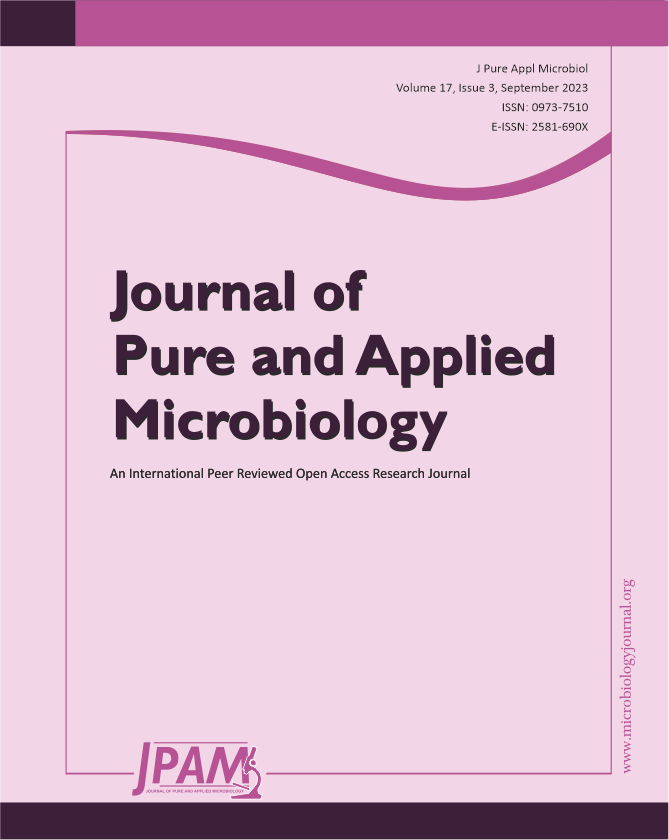The COVID-19 pandemic has primarily been controlled by testing for SARS-CoV-2 infections. Despite vaccines, testing will remain crucial for surveillance and screening, allowing for the detection of new variants in a timely manner and to isolate the infected people to lower the danger of the disease spreading further. The research study attempts to found out the efficiency of Reverse-transcriptase polymerase chain reaction (RT-PCR) and Rapid antigen tests in symptomatic COVID-19 patients at tertiary care hospitals. The research was performed on 1000 patients, both In-patients and Out-patients, who presented with COVID-19 symptoms. SARS-COV-2 nucleocapsid protein antigen was detected qualitatively with rapid antigen test in human nasal specimens through the immuno-chromatographic assay. The rapid test results were compared with a molecular test RT-PCR in which FAM, HEX, and ROX were the indicator dyes for the RdRp gene, E gene, and the internal control (RNAse P), respectively. Nearly 322 cases were positive with both RT-PCR and rapid antigen test methods. Fifty-nine samples yielded negative results with the rapid antigen test and positive with PCR. Three samples were negative with RT-PCR and positive with the rapid antigen test. The findings from our study show that the common symptoms are fever 92.2% and cough 74.1% in the reported test population. But in confirmed cases of RT-PCR showed cough at 74.1% was more prevalent, followed by fever at 41.3%. Rapid antigen test showed a overall sensitivity and specificity of 85.3% and 99.5%. According to World Health Organization, rapid antigen detection tests meet the minimum performance requirements of ≥80% sensitivity and ≥97% specificity. Hence, the present study meets this criterion and may perhaps be a probable tool for point-of-care in hospital settings.
COVID-19, RT-PCR, Rapid Test, Ct-score, Specificity
© The Author(s) 2023. Open Access. This article is distributed under the terms of the Creative Commons Attribution 4.0 International License which permits unrestricted use, sharing, distribution, and reproduction in any medium, provided you give appropriate credit to the original author(s) and the source, provide a link to the Creative Commons license, and indicate if changes were made.


